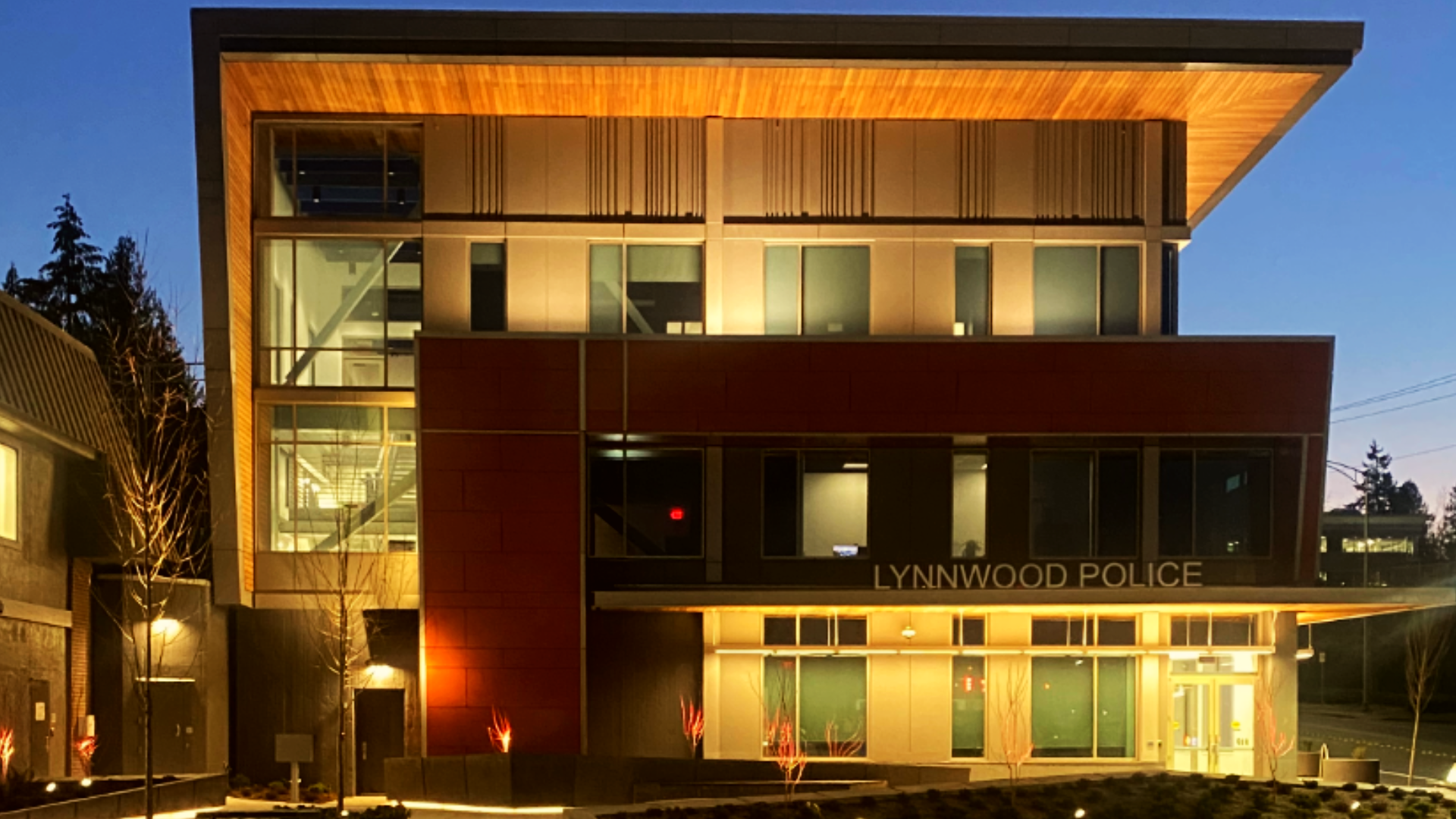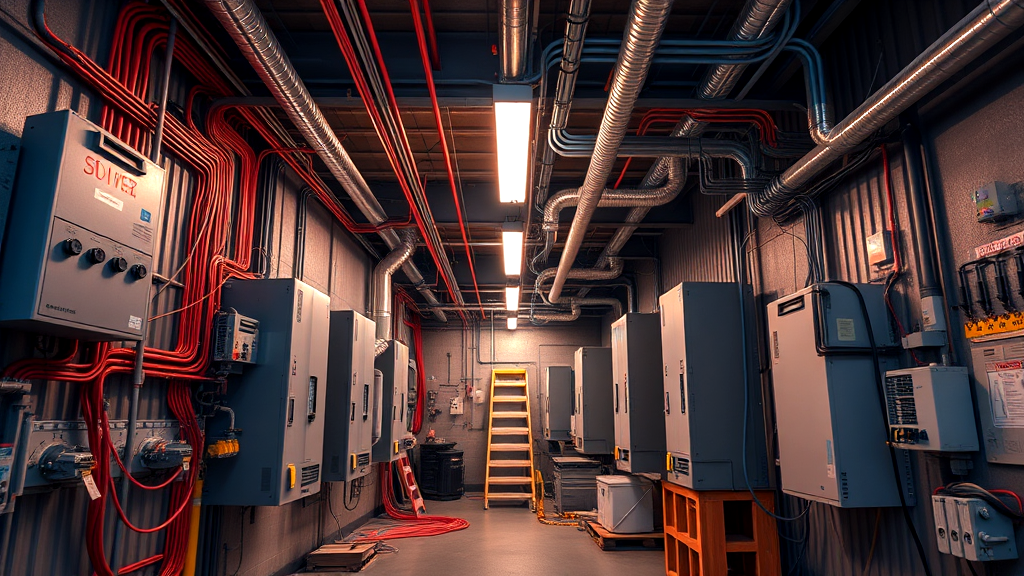What Is The Deviation Between Residential And Commercial Electricians?
If you wonder what makes commercial electricians different from residential electricians, you have come to the right place. In fact, most electrical jobs are entirely different at a commercial level compared to a domestic setting. Electrical installations and maintenance differ a lot at commercial and household levels. A commercial electrician requires more qualifications and experience to handle complex electrical installations and maintenance tasks in commercial buildings. This article answers the question - "What is the difference between residential and commercial electricians?"
Experience
Residential electricians are responsible for finishing home electrical installations and maintenance, including safety and compliance issues. They have to interpret blueprints, diagnose & repair electrical faults, inspect & rewire residential electrical systems, and maintain low voltage electrical appliances and fixtures.
A commercial electrician will do many of these duties more complex and more significant scale. They are responsible for installing commercial wiring systems, control panels, and machines under the official blueprints. Commercial electrical professionals typically work on projects such as commercial buildings, business locations, factories, industrial complexes, public buildings, and new commercial construction. They will also handle high voltage systems, often required when managing major industrial and commercial projects.
Technical Skills
Both commercial and residential electricians have similar education and training facilities at the beginning of their careers. They usually train as apprentices or in trade schools and possess undergraduate degrees at times. Although primary education and training are the same for both professions, commercial contractors require much higher technical skill levels due to factors like safety, reliability, and complexity that they have to deal with while performing their jobs.
Three-phase electrical systems require more knowledge and technical skills to set up and install. A commercial contractor should deal with three-phase systems and requires more skills to handle voltage balancing, control systems, and phase diagrams. Hence, they need higher qualifications - Master Electrician & above - and over 4,000 hours of job experience.
Knowledge Of Equipment
There is a lot of deviation between the electrical systems in a home and a commercial establishment. For example, emergency lighting systems are mandatory for commercial buildings. A domestic electrician may not have the right experience to deal with such systems. Domestic electricians deal with single-phase electrical systems ranging between 120V-240V. At the same time, a commercial contractor needs to deal with three-phase systems. The equipment and supplies used to install, maintain, and repair these electrical systems vastly differ. For example, domestic electrical systems usually require thin gauge cabling and are far less complicated.
Scale Of Projects
Scale is a significant area that separates commercial and domestic electricians. A residential electrician takes on much smaller electrical projects than a commercial electrician. Commercial electrical companies have access to a large team of qualified electricians to handle commercial projects, which makes them better equipped to work on larger commercial projects.
Suppose you are searching for a reliable commercial electrician in Washington.
In that case, you don't have to look further than System Solutions of Washington.



